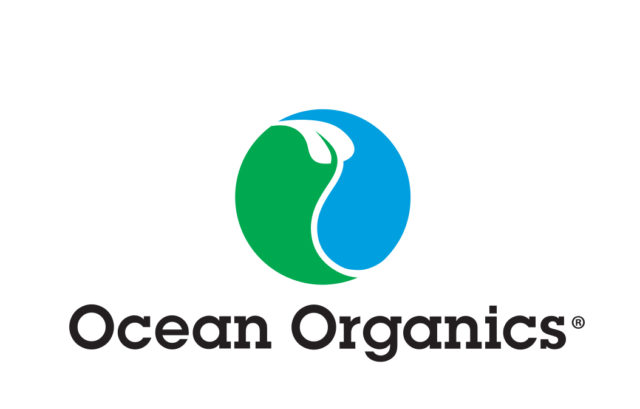"There are all these other genes out there in these tropical gene pools. We are looking for those genes that enhance the adaptability of temperate maize," Tuinstra said.
Mike Mickelbart, an associate professor of horticulture, studies something similar to drought tolerance – water-use efficiency. The goal is to get the highest yields in corn using the least amount of water.
"Our ultimate goal would be to provide plant breeders with genetic markers for water-use efficiency so they can incorporate this trait into their breeding programs," Mickelbart said.
He said there are genes in corn that affect transpiration, a process in which pores called stomata open and close on a leaf surface and allow water to escape, like sweat on a person. His research is aimed at finding variations in those genes that affect the ability of a plant to use water as efficiently as possible.
Tony Vyn, a professor of agronomy, is evaluating drought-tolerant corn hybrids developed in the private sector. He is comparing their performance against conventional hybrids in different stress situations, including high plant density and situations in which nutrients are limited.
A major part of Vyn's research involves determining whether optimum management practices for so-called drought-tolerant hybrids are different than for conventional hybrids currently in fields.
"It really has to be the integration of genetics and best management practices so that we can get the most corn per gallon of water and per ounce of nutrient," he said.
Click here for more drought information from Purdue Extension. FG
Forage Industry News
Purdue scientists working to make drought-resistant crops
BUYER'S GUIDE
VISIT OUR BUYER’S GUIDELa Crosse Seed has paired an unmatched portfolio of high quality forage, cover crop and turf seed with knowledgeable and experienced sales and support staff since 1919.
We provide high quality agricultural products that provide excellent forage protection, helping your hay and silage hold value until it is needed.
-
LATEST NEWS
-
-
-
-
March 2024 new product rollout
March 5, 2024
-








